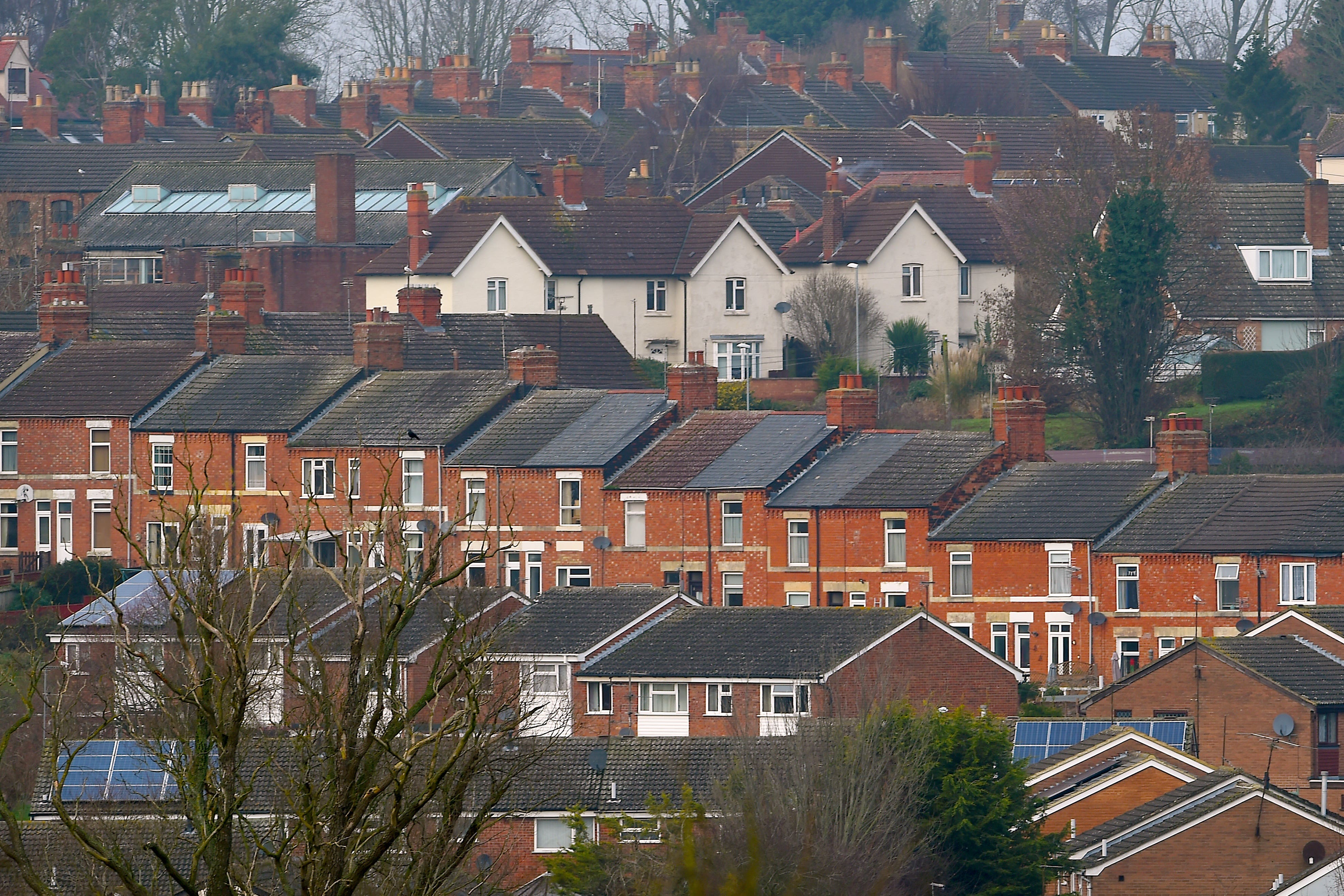Energy-saving efforts ‘critical gap’ in UK’s response to soaring bills – report
UK Energy Research Centre director Rob Gross says neglecting efforts to curb demand is ‘a hugely wasted opportunity’.

Your support helps us to tell the story
From reproductive rights to climate change to Big Tech, The Independent is on the ground when the story is developing. Whether it's investigating the financials of Elon Musk's pro-Trump PAC or producing our latest documentary, 'The A Word', which shines a light on the American women fighting for reproductive rights, we know how important it is to parse out the facts from the messaging.
At such a critical moment in US history, we need reporters on the ground. Your donation allows us to keep sending journalists to speak to both sides of the story.
The Independent is trusted by Americans across the entire political spectrum. And unlike many other quality news outlets, we choose not to lock Americans out of our reporting and analysis with paywalls. We believe quality journalism should be available to everyone, paid for by those who can afford it.
Your support makes all the difference.Efforts to help homes save energy – including information campaigns – have been a “critical gap” in the Government’s response to soaring bills, a report has warned.
Neglecting efforts to tackle energy demand has been a “hugely wasted opportunity”, said UK Energy Research Centre’s (UKERC) director Rob Gross.
UKERC’s annual review of energy policy for 2022, coming as the country battles a cold snap with snow and freezing conditions, said the opportunity to help households adopt the most straightforward home energy improvements during the summer months was largely wasted.
The UK is unique in Europe in that its response to the energy crisis has focused almost entirely on supplies such as boosting new renewables – which will not deliver savings straightaway – and subsidies, the report said.
“Energy efficiency policies, including information campaigns, have been the critical gap.
High prices make payback from energy efficiency investments even easier to realise
“This has been true for a decade, but is particularly surprising now, given that high prices make payback from energy efficiency investments even easier to realise,” the report said.
It added it is “strange” that action on helping people cut energy use appears to be held back by concerns over the nanny state, while the Government uses unprecedented intervention to subsidise prices.
UKERC welcomed the Government’s recent announcement of a public awareness campaign, but said action is needed on energy efficiency to improve the warmth of leaky buildings and cut costs.
Installing simple measures such as draught-proofing and insulation are low cost and would help vulnerable customers stay warm, it said.
With annual costs to the NHS from cold, damp housing of around £2.5 billion, the measures would pay back quickly through reduced fuel subsidies to households, and reduced costs to health spending.
Whilst moving swiftly to protect consumers through subsidies was essential, neglect of the demand side was a hugely wasted opportunity
UKERC also argued that, in the medium term, measures to retrofit houses to make them more energy efficient need to be less incremental and more transformative, through an effective campaign that can decarbonise the whole building stock in the next 20 years.
Failure to act on energy-saving harms health and welfare, puts more stress on public services, and does long-term damage to the life chances of children, while subsidies for energy without policies to cut demand locks in fossil fuel use, the report said.
“Subsidies need to support investment in energy saving, while ensuring that the poorest households have access to affordable energy,” it urged.
Professor Gross said: “War in Ukraine has made 2022 a tumultuous year for energy policy and prices. The Government’s response has been mixed.
“Plans to expand renewables such as offshore wind will offer a cleaner and more resilient system – but not yet.
“Whilst moving swiftly to protect consumers through subsidies was essential, neglect of the demand side was a hugely wasted opportunity.”